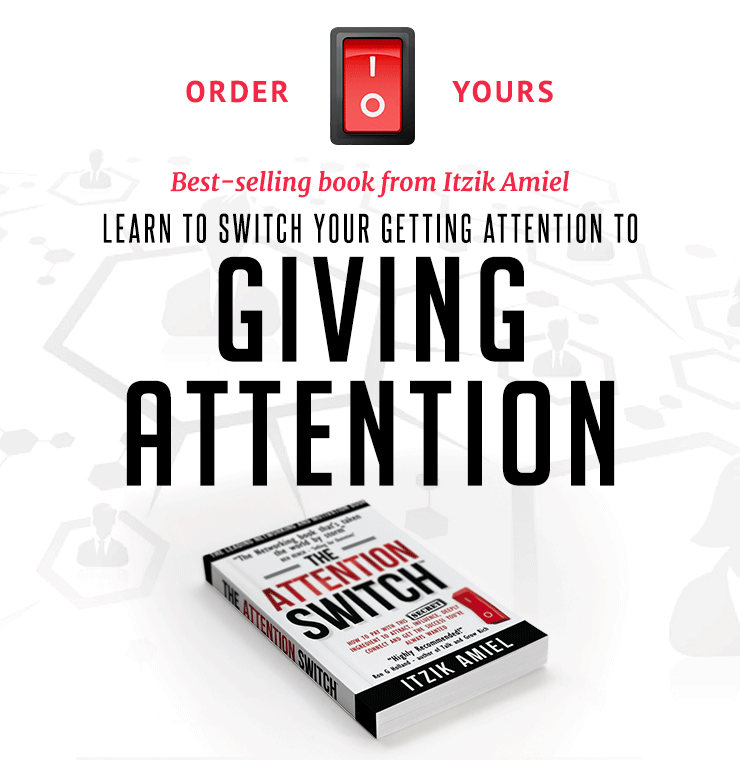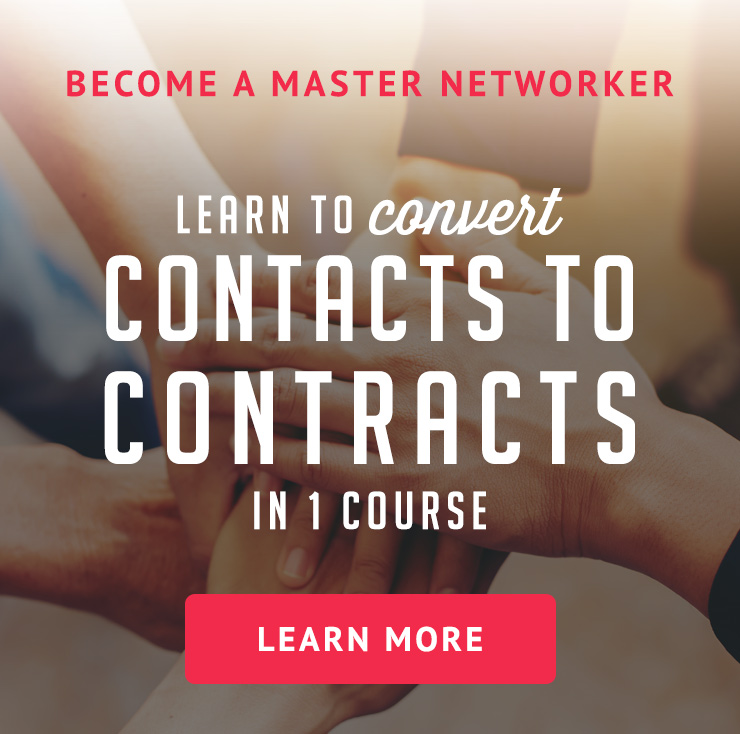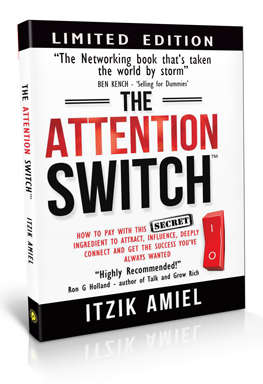I hope you are not one of those people whom collect as many friends as possible on social networking sites such as Facebook, LinkedIn and Twitter. Sadly, it seems to be a huge trend in the last few years, almost like a new marketing tactics.
I wasn’t recently invited to participate as a speaker in a conference since I have less than 5,000 “friends” on Facebook. Strange.
The organiser apologised and said that I am probably not influential enough. The only mistake he made was that he forgot to ask how many people I know and met in the offline world, that still remember me..then he will know my real life reach!
I was and will always be interested in building authentic and deep relationships with people. I assume most of us do, but why?
In my case, my friends are the people that help me make my life a happier and more fulfilling. They will share my message, they will challenge me, they inspire me and be like-minded people.
And that’s not just my opinion!
Tom Rath, a researcher at Gallup found in his research that “Friendships are among the most fundamental of human needs”. Furthermore “When we asked people if they would rather have a best friend at work or a 10 percent pay raise, having a friend clearly won”.
More interesting points in the report show that:
(1) If you feel close to other people, you are four times more likely to feel good about yourself and life.
(2) People who claim to have five or more true friends with whom they can discuss important problems are 60 percent more likely to say that they are “very happy.”
(3) People with a best friend at work are seven times more likely to be engaged in their work! However, only 30 percent of employees report having a best friend at work!
Now you understand, why people who are too busy collecting a quantity of “friends” on social networking sites—or in live networking events— many times actually collecting wrong contacts.
They are creating quantity of unfulfilling relationships, which won’t make your life happier at all!
Back in the early 90s, the British anthropologist Robin Dunbar began studying the social groups of various kinds of primates. He plotted brain size against numbers of contacts and extrapolated to see how many friends a human ought to be able to handle.
The number turned out to be about 150. [For in-depth, excellent article see: Bloomberg Businessweek by Drake Bennett: The Dunbar Number: From The Guru Of Social Networks – Great read.]
Can social networks expand the evolutionary limit on how many people anyone can truly be close to? For some people, it will be easy to imagine that social networking technology finally allows humans to surpass the Dunbar number. But that also prove to be wrong.
Various studies have actually measured the number of people an individual can maintain regular contact with. These all show that Dunbar was just about spot on (although there is a fair spread in the results) about the number of people with whom you have some kind of reciprocated relationship.
Bruno Goncalves from Indiana University examined the network of links created by 3 million Twitter users over 4 years. The findings were fascinating.
According to Goncalves, even though modern social networks help us to log all the people with whom we meet and interact, they are unable to overcome the biological and physical constraints that limit stable social relations.
The bottom line is this: social networking allows us to vastly increase the number of individual we can connect with. But it does nothing to change our capability to socialise.
However hard we try, we cannot maintain close links with more than about 150 buddies.
Ultimately, I believe, the real challenge will be to solve the problem of virtual touch at social networks. In our everyday relationships, every (real) touch is worth a thousand words.
Interesting, right?
Please do not get me wrong. I do not advocate that you should shrink your current network down to 150.
Definitely as somebody who believes in the weak links (and the power of six degrees of separation) the smaller your network you have, the less opportunity you get to those people.
But at the same time, I do believe that we need to examine carefully the people we let come into our life and be part of our network of relationships or friends.
Do you want to have more meaningful and powerful business relationships that will help you grow your business and have more joy in your life? Here are 3 strategies to achieve it.
1. Share your admiration
I trust you read my blog on the “Power of Recognition” [if not, go and read it].
People love to get positive recognition. So use it also with your contacts. Find within your contacts list five people that you admire and like to build relationships with.
Call these people (I prefer to call them than to write to them since it is more personal and powerful) and share with them directly what you admire about them.
Don’t delay it, be the first and start today. You will create magical moments into your business relationships.
2. Build a circle of like-minded people
Now you understand why Aristotle said: “Relationships of shared virtue are the ones that bring true happiness”.
You need to focus your time and energy of building relationships with like-minded people. These people should be part of your circle of influence.
I will write down to myself, over time I meet a new person, what do I like about the other person and which similar things we share.
Then I will gather lists of similar people together. That help me during the years creating my global inner circle. A very powerful and influential group of individuals. Real like-minded people.
3. Create a real emotional connection
I am aware that this is the most difficult point to implement by a lot of entrepreneurs. Especially those whom still think that business is not emotion process.
I dearly try to connect emotionally and openly with every relationship I have. This always produces me the best and real results. Try it for yourself.
Are you looking for quality over quantity in building relationships for your business? How do you increase the joy in your business and the interactions with your connections? Share with me your story and your strategies.

“Itzik is an International Speaker, Bestselling Author, Business Mentor & Attorney-at-law. The Global Leading Authority on Business Development, Business Networking, Referrals & Relationship Capital & Founder of THE SWITCH® and THE SWITCH HUB®”





